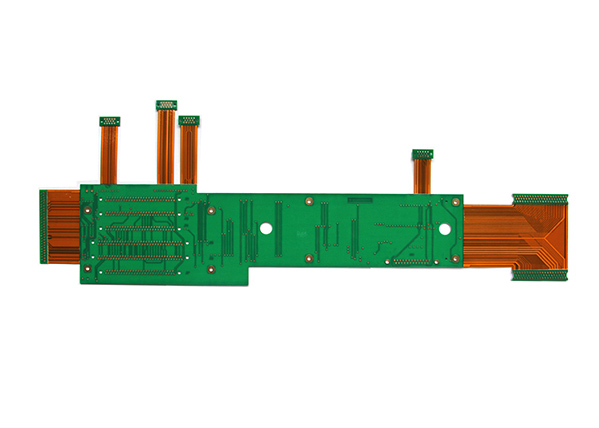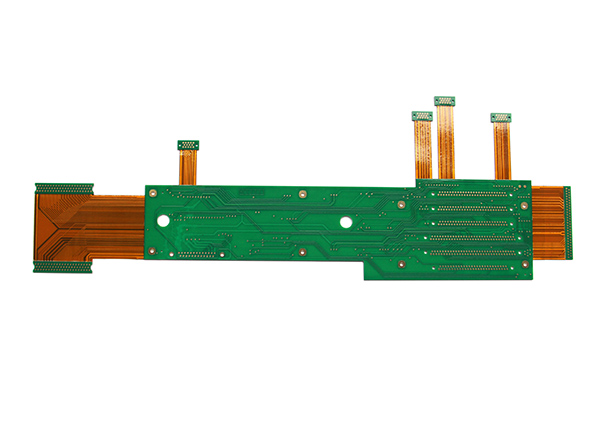PCB Material Selection: Choosing the Right Base for Your Electronics
Printed Circuit Boards (PCBs) are the backbone of nearly all electronic devices. The choice of PCB material plays a pivotal role in determining the performance, reliability, and cost-effectiveness of your electronic product. In this blog post, we'll explore the importance of PCB material selection and provide insights into making the right choice for your specific application.
The Role of PCB Materials
PCB materials serve as the foundation for the entire electronic assembly. They provide mechanical support to components, electrical insulation, and the necessary connectivity for the circuits. The choice of material impacts various aspects of your PCB, including:
-
Electrical Performance: Different materials have varying dielectric constants, loss tangents, and signal propagation speeds. The material you choose can affect the electrical performance of your circuit.
-
Thermal Management: Thermal conductivity varies among materials, influencing the PCB's ability to dissipate heat. Effective thermal management is crucial for preventing overheating and ensuring the longevity of your electronics.
-
Cost: PCB material costs can differ significantly. Your choice can impact the overall cost of manufacturing your product, especially for large-scale production.
-
Reliability: The material's mechanical properties, such as tensile strength and flexibility, affect the durability and reliability of your PCB.
Common PCB Materials
Several PCB materials are commonly used in the industry. Here are a few of the most popular options:
-
FR-4: This is the most widely used material for standard PCBs. It's cost-effective, has good electrical properties, and is relatively easy to work with. FR-4 is suitable for many applications, from consumer electronics to industrial equipment.
-
Aluminum-based PCBs: These are designed for high-thermal applications. They have excellent heat dissipation properties and are often used in LED lighting and power electronics.
-
Flex and Rigid-Flex PCBs: These are made from flexible materials, such as polyimide. They are ideal for applications where flexibility is required, like wearable devices or products with tight space constraints.
-
High-frequency PCBs: For applications that require high-speed data transfer, materials like Rogers or PTFE-based laminates are used due to their excellent electrical properties.
How to Choose the Right Material
When selecting a PCB material, consider the following factors:
-
Application: Define the specific requirements of your application. Is it a high-frequency communication system, an automotive control module, or a consumer gadget? Each has unique demands.
-
Electrical Requirements: Determine the necessary electrical characteristics, such as signal integrity, impedance control, and dielectric constant.
-
Thermal Management: Evaluate the heat dissipation needs of your design. If your product generates significant heat, a material with good thermal conductivity is crucial.
-
Budget: Consider the cost implications of your material choice. Balance the performance requirements with your budget constraints.
-
Availability: Ensure that your chosen material is readily available from suppliers to avoid delays in production.
-
Environmental Concerns: Factor in any environmental regulations that may affect your material selection, such as RoHS compliance.


Conclusion
Choosing the right PCB material is a critical decision in the electronics design process. It directly impacts the performance, reliability, and cost of your product. By carefully evaluating your application's requirements and considering the factors mentioned, you can make an informed decision that leads to a successful and efficient electronic design. Selecting the ideal PCB material ensures that your electronic devices meet the highest standards of quality and functionality.

 Englishen
Englishen











